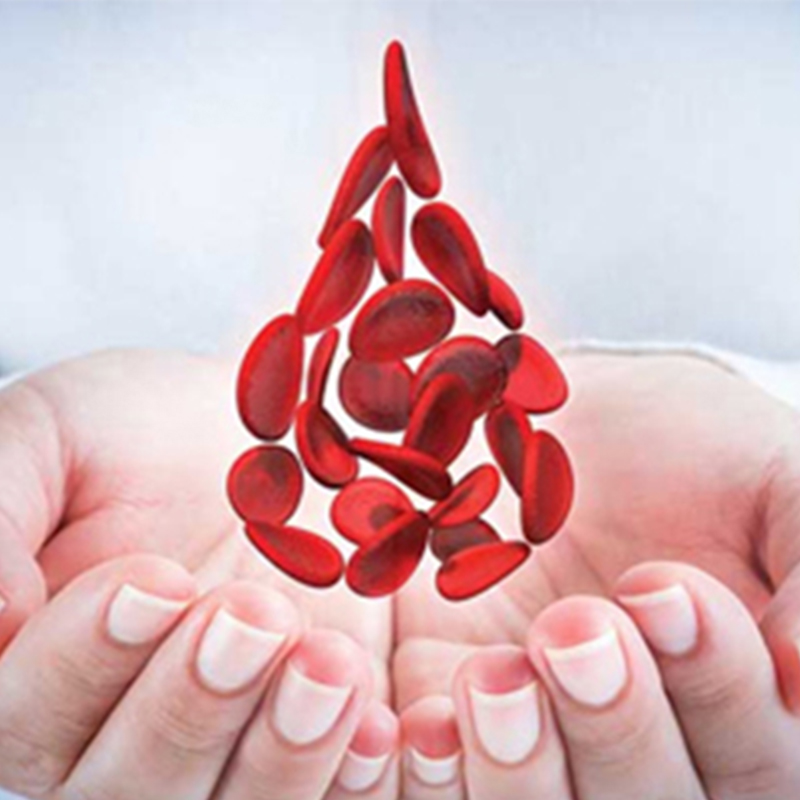
Anaemia
It means that the level of haemoglobin in the blood is lower than that required or the number of red blood cells or their oxygen-carrying capacity is insufficient to meet physiologic needs, which vary by age, sex, altitude, smoking, and pregnancy status. Haemoglobin is important to carry oxygen from the lungs to different parts of the body. Normal value in males is 13.5 to 18 gm% and in females is 12.5 to16 gm%.
WHO’S HB VALUE USED TO DEFINE ANAEMIA
- AGE/GENDER HB VALUE (g/dl)
- Children [5yrs] 11.0
- Children [5yrs-12 yrs] 11.5
- Children [12yrs-15yrs] 12.0
- Women, non-pregnant 12.0
- Women, pregnant 11.0
- Men,> 15yrs 13.0
CAUSES
Broadly, causes of anemia may be classified as impaired red blood cell (RBC) production; increased RBC destruction (hemolytic anaemias), blood loss and fluid overload (hypervolemia).
Iron deficiency anaemia is the commonest form and results from a shortage of iron from a poor diet, blood loss, illness or infection. Pregnant women are particularly at risk. Pernicious anaemia develops due to lack of intrinsic factor, which is secreted by the stomach which prevents absorption of vitamin B12 required for red blood cell production. It affects vegetarians and group A particularly.
Megaloblastic anaemia results from shortage of folic acid, which is found in fresh vegetables, fruits and liver. This is more seen in elderly people and pregnant women.
- Improper formation of red blood cells.
- Continuous blood loss as in trauma and heavy menstruation.
- Prolonged illness
- It can sometimes be a hereditary tendency.
SIGNS & SYMPTOMS
- Paleness of the skin, nail bed and tongue
- Weakness and dizziness
- Loss of appetite
- Headaches
- Palpitation
- Breathlessness on exertion
- Increased pulse rate
- Sore tongue
- Weight loss
- Insomnia
DO'S AND DON'TS
- A diet rich in iron and vitamin B12. Iron rich food such as green leafy vegetables, walnuts, raisins, strawberries, apricots, wheat germ, jaggery, dates and liver. Food rich in vitamin B12 are dairy products, eggs, liver and kidneys. All forms of anaemia benefit from raw juices such as spinach, carrot or horseradish.
- Molasses is said to be good for building strong red blood cells. Do not take tea, coffee and colas with meals as they inhibit iron absorption. Vitamin C on the other hand aids in iron absorption.